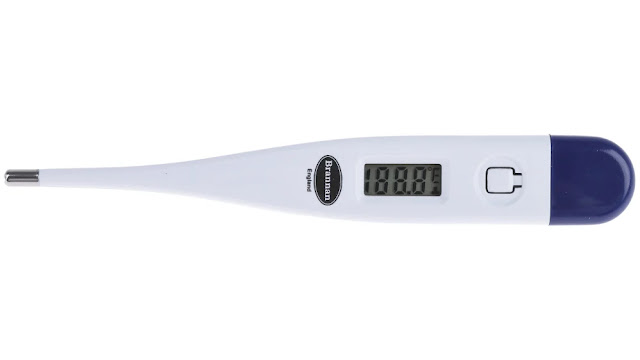Introduction: The Importance of Digital Thermometers in Modern Testing
In the realm of Test and Measurement, the ability to accurately gauge temperature is crucial across numerous industries, from healthcare to HVAC systems. Digital thermometers have revolutionised how professionals and homeowners alike monitor and manage temperature-related metrics. This blog delves into the reasons why digital thermometers are indispensable tools today.
The Evolution of Temperature Measurement Tools
Before digital thermometers, mercury-filled devices dominated, providing less reliable and slower responses. The introduction of digital technology marked a significant improvement, offering:
-
Precision: Digital thermometers provide exact readings quickly.
-
Safety: They eliminate the hazards of mercury poisoning and glass breakage.
-
Ease of Use: Simple interfaces and instant readouts enhance user experience.
Core Features of Digital Thermometers
Digital thermometers are preferred for their versatility and reliability. Key features include:
-
Wide Measurement Range: They can measure extremely low and high temperatures, making them suitable for varied environments.
-
Rapid Results: Most models deliver readings within seconds.
-
Memory Functions: The ability to store previous temperature readings is vital for tracking changes over time.
Applications of Digital Thermometers in Various Industries
Healthcare
In healthcare, maintaining precise temperature measurements can be a matter of life and death. Digital thermometers are used to:
-
Monitor patient temperatures for fever detection.
-
Ensure that medications and vaccines are stored at the correct temperatures.
Food and Beverage Industry
Temperature control is critical in the food industry to ensure safety and quality. Uses include:
-
Checking cooking temperatures to prevent foodborne illnesses.
-
Monitoring refrigeration temperatures to keep products fresh.
HVAC and Refrigeration
HVAC systems rely on accurate temperature readings to operate efficiently. Digital thermometers help by:
-
Ensuring the proper functioning of heating and cooling systems.
-
Helping technicians diagnose and rectify issues within the system.
Choosing the Right Digital Thermometer
When selecting a digital thermometer, consider the following aspects to ensure it meets your specific needs:
-
Probe Type: Choose between penetration, infrared, or surface probes based on your measurement requirements.
-
Accuracy: Look for devices with high accuracy ratings, especially in professional settings.
-
Durability: Opt for models designed to withstand your environment, whether it involves moisture, dust, or extreme temperatures.
Advantages of Digital Over Analog Thermometers
Switching to digital offers numerous benefits:
-
Data Logging: Many digital models come with the capability to log data, crucial for ongoing analysis in many scientific and industrial applications.
-
Connectivity: Options for wireless data transfer to computers or smartphones for further analysis.
-
User Safety: Digital thermometers are generally safer to use than their mercury counterparts.
Digital Thermometer Innovations: Looking to the Future
The future of temperature measurement looks promising with continuous advancements in digital thermometer technology. Emerging trends include:
-
Increased Connectivity: Integration with IoT for real-time data monitoring and analysis.
-
Enhanced Precision: Development of sensors with even higher accuracy.
-
User-Friendly Designs: Devices that are easier to use and read, accommodating all user levels.
Conclusion: Why Digital Thermometers are a Game Changer
Digital thermometers have become a cornerstone in precise temperature measurement within the Test and Measurement sector. Their ability to provide rapid, accurate, and reliable temperature readings makes them indispensable in various professional, medical, and domestic settings. As technology advances, these tools will only become more integral to our daily lives, proving that the transition to digital is not just a trend but a significant leap forward in measurement science.



Post a Comment